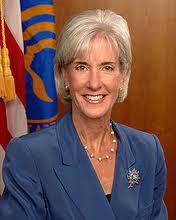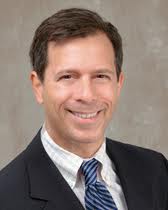
PCORI Includes ‘CAM’ in First Funding Announcement
PCORI (Patient-Centered Outcomes Research Institute) is the independent non-governmental (like Institute of Medicine) entity mandated from the Patient Protection and Affordable Care Act. With over $1 billion dollars in hand to be used exclusively for comparative effectiveness research over the next seven years, the Institute is charged with investigating the “relative health outcomes, clinical effectiveness, and appropriateness” of various medical interventions, products and procedures by assessing existing studies and implementing









